One of my old bosses put it succinctly (and crudely): “If you sit on the fence, you’ll get a post up your butt.”
That is an extreme version of something that we encounter often in our society. We think in binaries and are constantly encouraged to take a side. Refusing to do so is not seen as a positive. Being centred may be good when you are meditating, but not when you are doing politics.
I have always been fascinated by the idea of the centre, with its counterparts the centre left and the centre right.
The image that it ought to conjure is one of a population that, politically, conforms to a bell curve – one where the middle has the most people and the extremes have the least. The centre right is a little to one side of the curve’s centre, and the centre left is the same amount to the other.
However, I think the situation in most liberal democracies is rather different. The parties on the left have a centre in the middle of their own bell curve while the right-leaning parties have a centre in the middle of theirs.
As a result, there are actually two centres, well apart from each other, with minimal overlap at the margins of both blocks. But the people in the two centres see themselves as centrists and don’t realise how far away they are from the centrists on the other side. Or rather they just regard the other side as all being extremists.
As a result, there are actually two centres, well apart from each other, with minimal overlap at the margins of both blocks.
The hollowed-out centre is therefore a decidedly lonely place, because trying to get any form of consensus between the blocks is inevitably going to involve asking progressives to be uncomfortably less progressive and conservatives to be uncomfortably less conservative. Similarly, it means asking individualists to be more collective and collectivists to be more individualistic.
And, strangely, people don’t like vacating their zones of comfort – places where they can bask in their own hero narratives. These cast them, respectively, as visionaries leading the way to a better future or bastions of truth holding firm on a slippery slope.
There is no such obvious narrative for the centre, other than perhaps that of the sacrificial lamb. As Senator Lisa Murkowski put it recently, “you’re roadkill in the middle.”
The fundamental problem in gaining traction for the centre is that it necessitates using the very rudest of all ‘c’ words. Compromise.
There are two meanings to ‘compromise’. The one that probably springs most to mind in the political realm is ‘the expedient acceptance of standards that are lower than desirable.’ Compromise is here cast as morally suspect.
But there is another meaning. It involves reaching an agreement through making concessions. Generally, we regard a concession as allowing something valuable to be prised, reluctantly from our grasp, but I would like to reframe this.
A concession is, I think, an act of generosity that prioritises conversation, consensus, community, communion and care over conquest. It’s about freely giving away something for the sake of a better relationship.
It’s about freely giving away something for the sake of a better relationship.
My wife and I have been married for over forty years. We knew each other for just three months before we wed. Trust, which I discussed in an earlier essay, has been the bedrock for our marriage, but as you can probably imagine, it has also needed work.
This particularly involved talking, acknowledging our differences, dealing with issues as they came up and compromising when necessary.
Over the years, I have observed three issues (in addition to lack of trust) that heighten the likelihood of a relationship failing. The first is narcissism. It is a trap to love our significant other only if they mirror us. People are all very different and good relationships recognize this.
The second issue occurs when perfectionism and romanticism combine. Dreaming of a perfect soul mate and then living ‘happily ever after’ leaves us thoroughly unprepared for the messiness of actual co-habitation.
Finally, there is consumerism. A consumerist mindset inclines us to discard our relationships when they look like they are going wrong. That is how consumerism works. We are made to desire the shiny, new and perfect. Rolling up our sleeves and fixing something rather than just replacing it seems hopelessly old-fashioned.
Yet that is precisely what needs to happen, repeatedly, for a relationship to function. And compromise is at its core – because that is what we do when we prioritize the real person over our romanticized ideal. Which brings us back to politics.
In a democracy we are, like it or not, in a relationship with our fellow citizens. So, what would happen if we applied the principles that work in personal relationships to politics?
In a democracy we are, like it or not, in a relationship with our fellow citizens.
Talking directly to one another would be a start. So would acknowledging and accepting our differences. Admitting our own failings could kickstart trust. And perhaps we could stop expecting others to mirror our own views, avoid unrealistic expectations, and stick in there when things get tough?
Compromising would help too. Isn’t a generous concession preferable to gaslighting, shouting, badmouthing one another to friends, or resentfully co-existing while trying to pretend that the other party simply doesn’t exist?
Finding the middle ground in our political relationships is not just a moral imperative, though. It is also pragmatically necessary, because it is how you gather the largest numbers.
In a democracy the people can only fully prevail over vested interests when the numbers are overwhelming. And they never can be when the left and right are pulling away from one another as is currently the case. Seen in this light, asking people to actively and generously find ways of strengthening the centre is nothing short of a radical clarion call to action.
And yes, just in case you were wondering, I am a middle child….
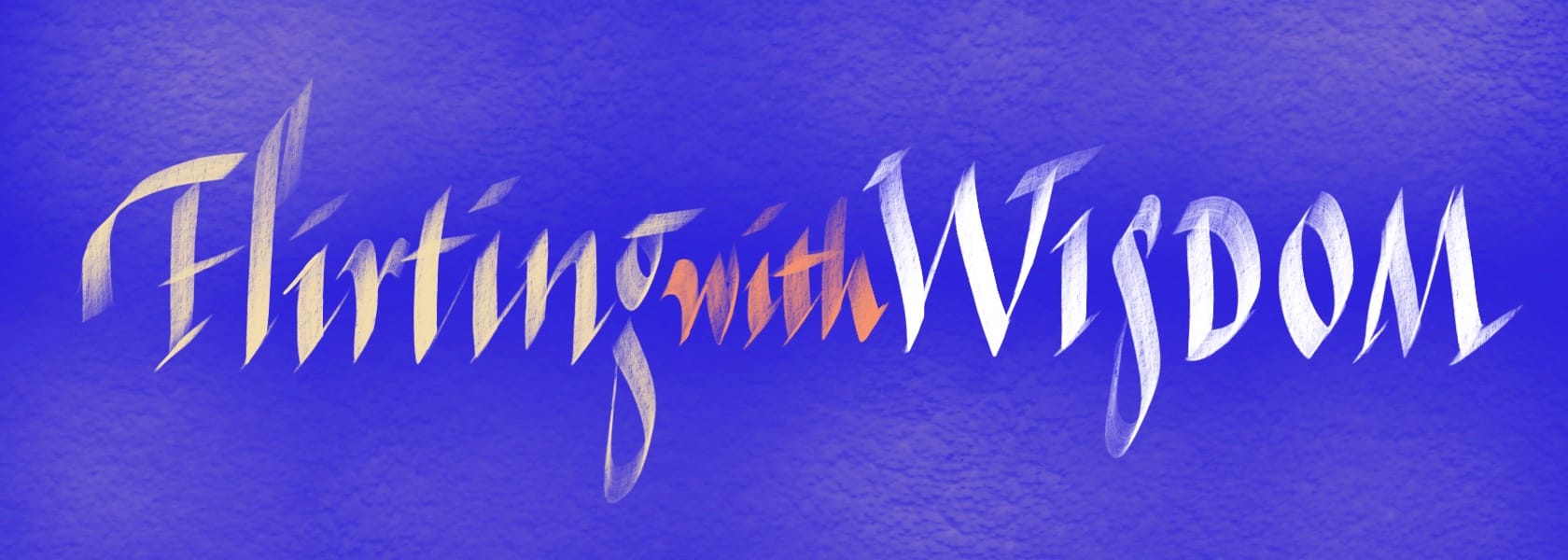
Each vignette invites readers to embrace the beauty of unfinished thinking and the art of holding life’s ongoing questions.



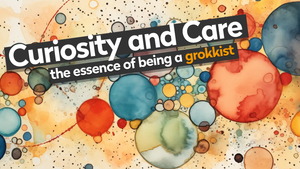



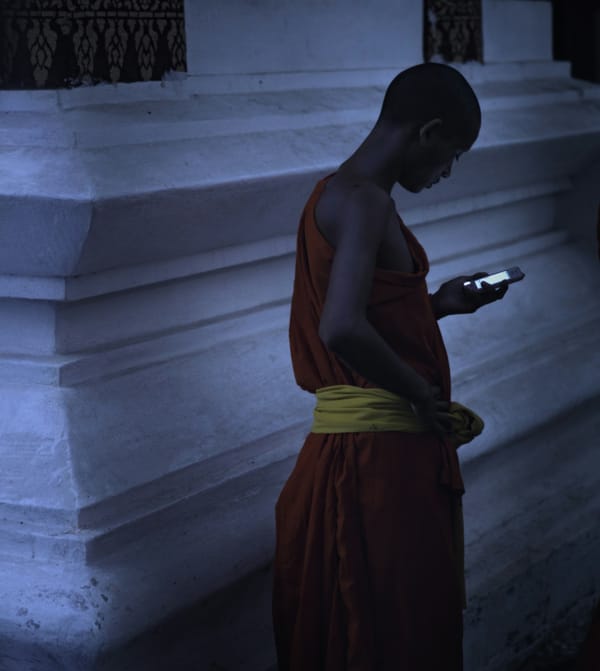

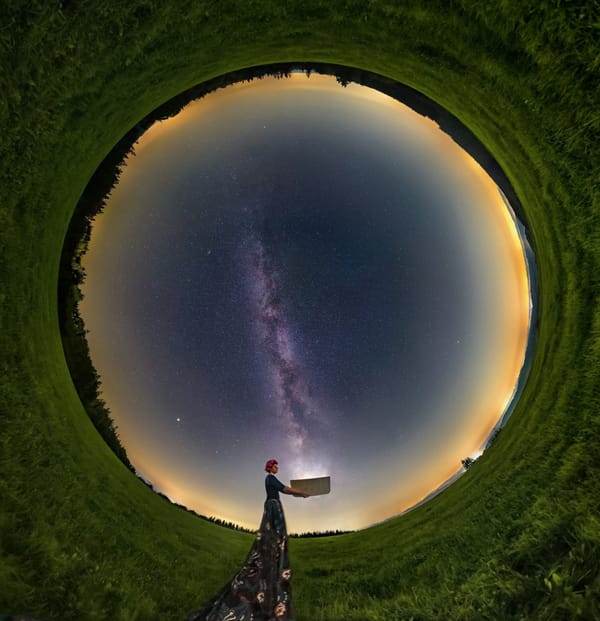
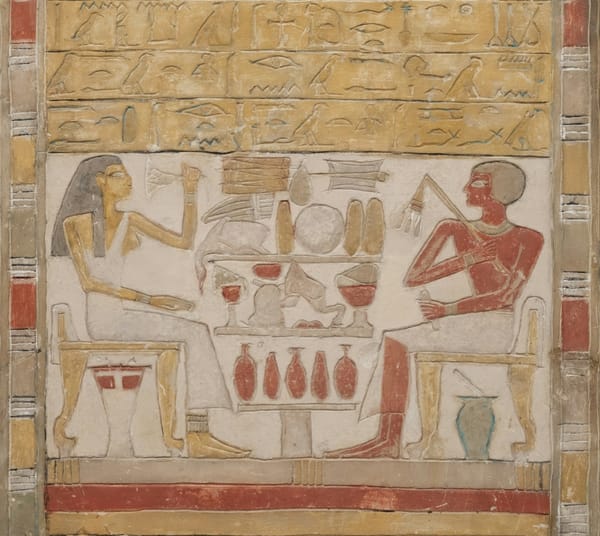
Member discussion